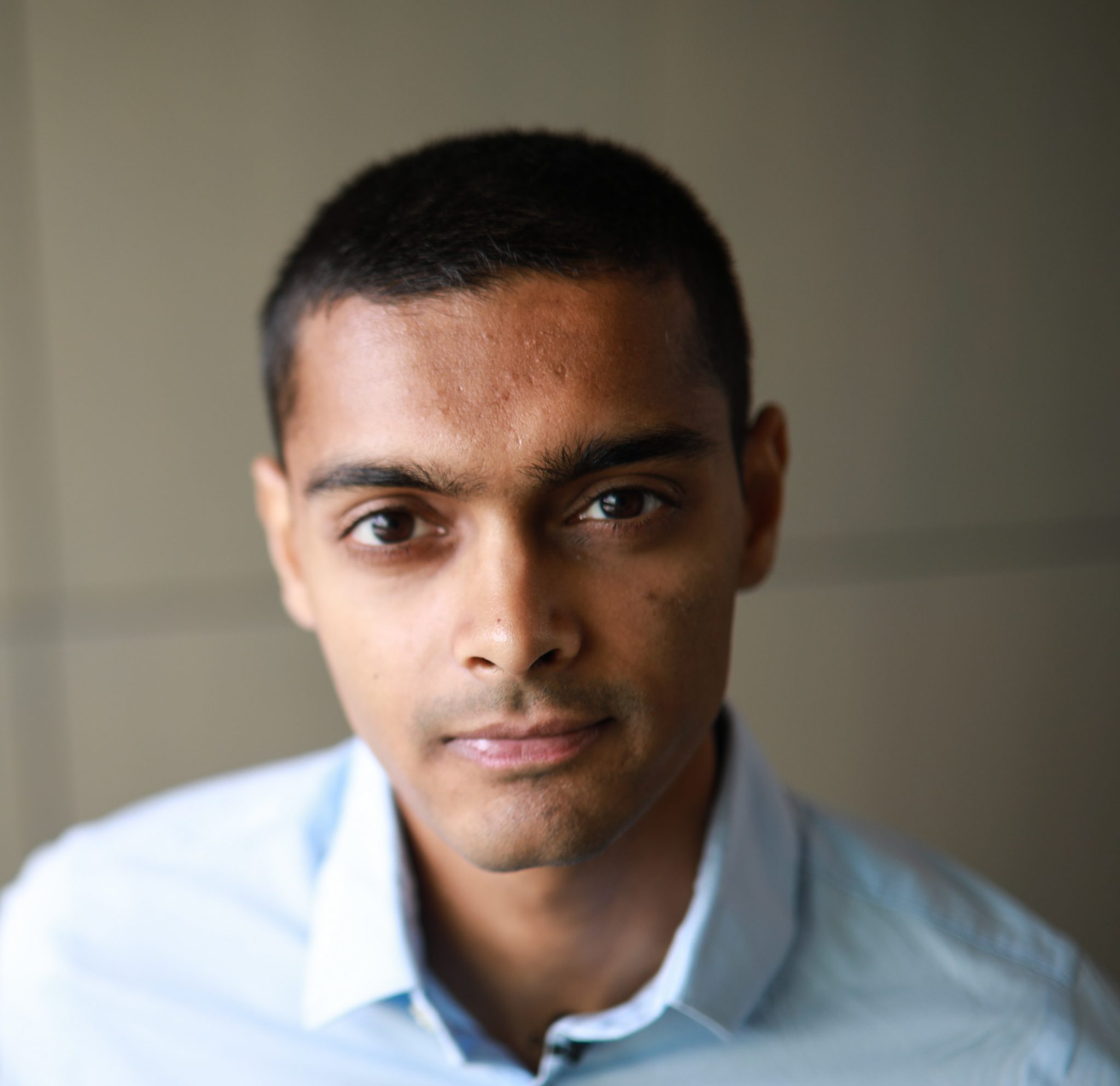ãCancer Drug Cardiotoxicityã Featuring Dr. Nazish Sayed
On this episode of the Stem Cell Podcast, Dr. Nazish Sayed from the Stanford Cardiovascular Institute discusses developing new technologies that drive innovation in regenerative medicine, disease modeling, and drug testing in vascular biology.
Dr. Nazish Sayed is an Assistant Professor of Surgery at the Stanford Cardiovascular Institute. His lab is focused on developing new technologies that drive innovation in regenerative medicine, disease modeling, and drug testing in vascular biology. He talks about developing an inflammatory clock for aging, using iPSC-derived endothelial cells to run a clinical trial in a dish, and his experience as a cancer patient.

Dr. Nazish Sayed is an endothelial extraordinaire, utilizing hiPSC-derived vascular cells for studying cardio-oncology: the intersection of heart and cancer biology. And as a cancer survivor, he has a very personal connection to the topic he studies.
Dr. Arun Sharma, host
Find more episodes at or wherever you get your podcasts.
This Episode's Stem Cell Roundup:
- ã A genetically modified pig heart was transplanted into a human patient.
- ã Researchers used brain organoids to study the effects of androgen exposure in early development on excitatory neurons and brain volume.
- ã Scientists generated a patient-derived retinal pigment epithelium model that recapitulates the pigmentation defects seen in albinism.
- ã Researchers showed that TRAF6 loss can initiate acute myeloid leukemia in the context of clonal hematopoiesis.
Request Pricing
Thank you for your interest in this product. Please provide us with your contact information and your local representative will contact you with a customized quote. Where appropriate, they can also assist you with a(n):
Estimated delivery time for your area
Product sample or exclusive offer
In-lab demonstration
